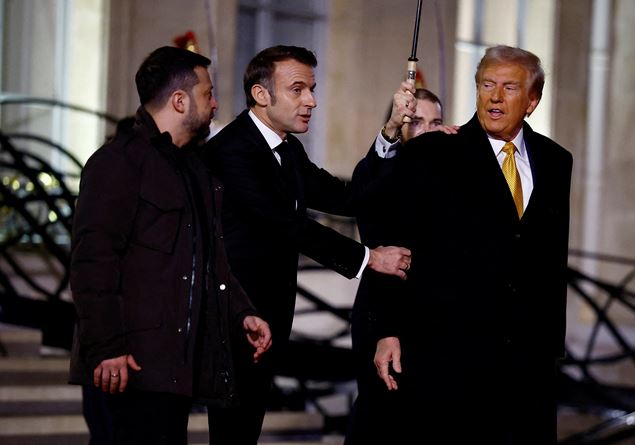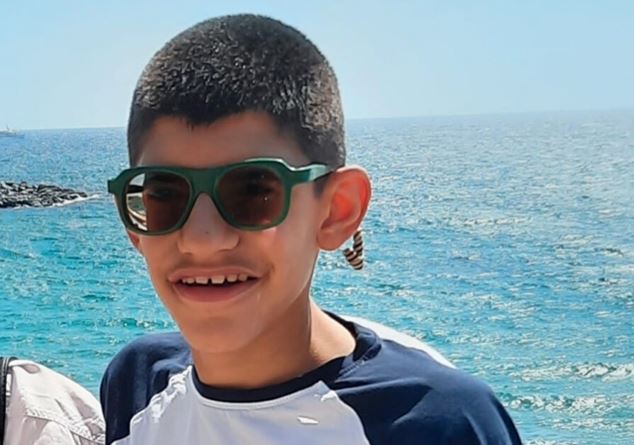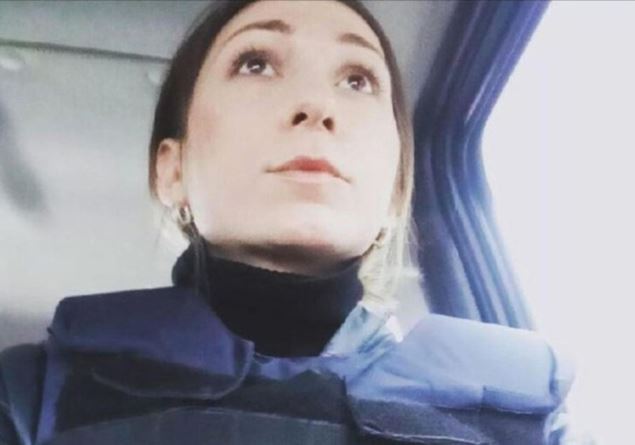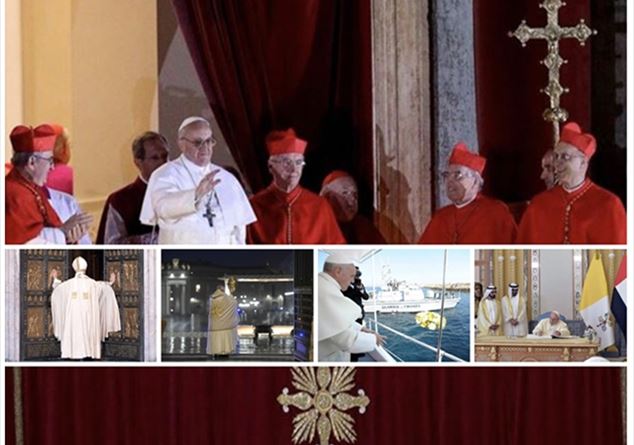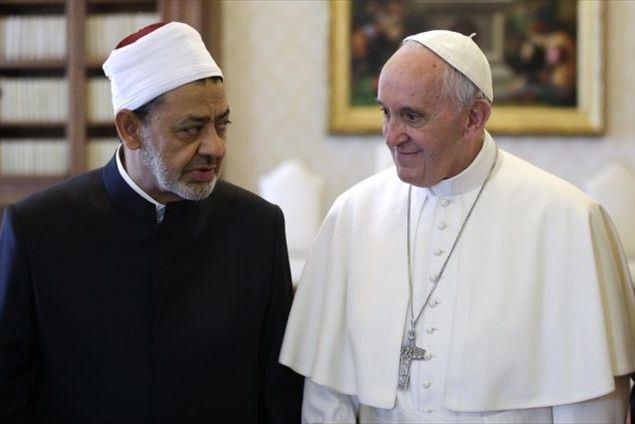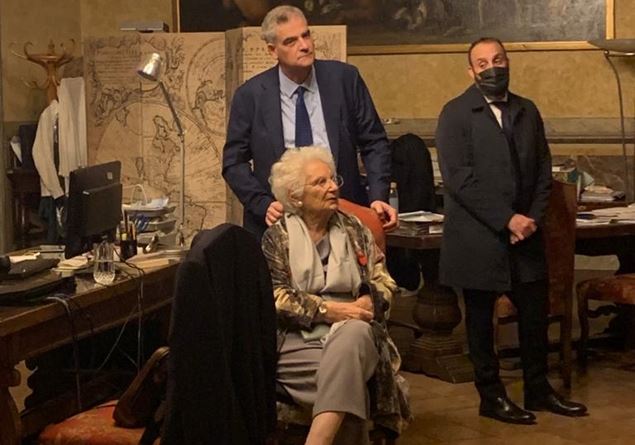by Lorenzo Rossi
Donald Trump returns to hit the Ukrainian dossier. In a post published on Truth Social, the US president called Volodymyr Zelensky a “Dictator without elections”relaunching one of the criticisms that have been circulating among the most skeptical fringes of the Republican Party for months. Trump has never hidden his skepticism towards military and economic support in Kiev. But behind his words there is more than a simple election campaign slogan: there is a vision of a less involved America in European geopolitical balances and more concentrated on itself and on the Pacific axis.
The Ottawa-Berlin axis: the defense of Kiev and the criticisms of Putin
Trump’s attack has had immediate international repercussions. The Canadian Premier Justin Trudeau He reiterated that there can be no negotiations without the presence of Ukraine, commenting on the secret interviews between Russian and American officials in Saudi Arabia. Trudeau is confirmed as an inflexible ally of Zelensky, in stark contrast to the Trumpian narrative.
In Europe, Berlin has adopted a hard line against Moscow. The German Foreign Minister indirectly responded to Trump, stating that the responsibility of the war in Ukraine is “Only by Vladimir Putin”. The message is clear: the European Union does not intend to be dragged into a revision of history useful only to Trump’s electoral propaganda.
The new Russian offensive and western dilemma
Meanwhile, while Western leaders question Ukraine’s future, Putin continues to press on the ground. The Kremlin announced that Russian forces have crossed the border in the Kursk regiona fact that, if confirmed, would represent a significant turning point in the conflict. Kiev, however, immediately denied the news. According to the Ukrainian government, a group of Russian sabotitioners would have attempted to infiltrate the country, but it would have been “Annient”. The incursion, true or presumed, is part of the Russian strategy of testing the Ukrainian defenses and keeping the pressure on Zelensky high.
Putin and the shadow of an agreement with Washington
In this context, Putin said that Russia needs strengthen trust with the United States to solve the Ukrainian crisis. Tuesday, Russian and American diplomats held talks to Riad, an event that raised more than one question in Europe. Zelensky immediately criticized the American move, claiming that Washington gave Putin “An opportunity to get out of international isolation”. A statement that, if read in the context of Trump’s words, shows the growing distance between Kiev and a piece of the American establishment.
Zelensky replies to Trump: “Ukraine is not on sale”
At the center of the controversy between Trump and Zelensky there is also the economic question. According to rumors, Washington would have asked Kiev to grant access to 50% of its strategic mineral resources in exchange for further aid. Zelensky sent the offer to the sender, declaring: “I defend Ukraine, I can’t sell our country. It’s all “. Zelensky’s position reflects the growing mistrust towards the West. Ukraine knows it needs American support to survive, but fears to become A pawn in a bigger gamewhere the electoral logic and economic interests of Washington prevail on the principle of national sovereignty.
Macron and the European strategy: exclude troops at the front, but remain involved
In Paris, Macron excluded sending Fighting troops In Ukraine, but left the door open in the presence of military experts and peacekeeping missions under UN mandate. A message addressed to the United States: Europe does not intend to stay and watch, but neither are to be dragged into a direct escalation with Moscow.
The EU relaunches the sanctions and warns Washington
The ambassadors of the 27 EU countries have approved a new package of sanctions against Moscow, which includes the ban on importing Russian aluminum and new oil restrictions. But the real signal comes from Brussels: European diplomacy warned the United States of “Don’t fall into the Russian trains”referring to Riad negotiations. The head of EU diplomacy, Kaja Kallas, said: “Moscow will try to divide us. Let’s not be fooled “. Europe fears that a possible return of Trump to the White House can radically change the balance of the conflict, leaving Kiev more vulnerable.
Trump and Putin: a meeting by February?
In one last note that makes you discuss, Trump said he could meet Putin by the end of February. It is not clear what the content of such a summit would be, but the political message is evident: Trump wants to present himself as man capable of negotiating peace, at any cost. An idea that frightens Kiev and alerts Europe.
In the photo, Zelensky, Macron and Trump at the inauguration of Notre Dame de Paris, on 7 December.





